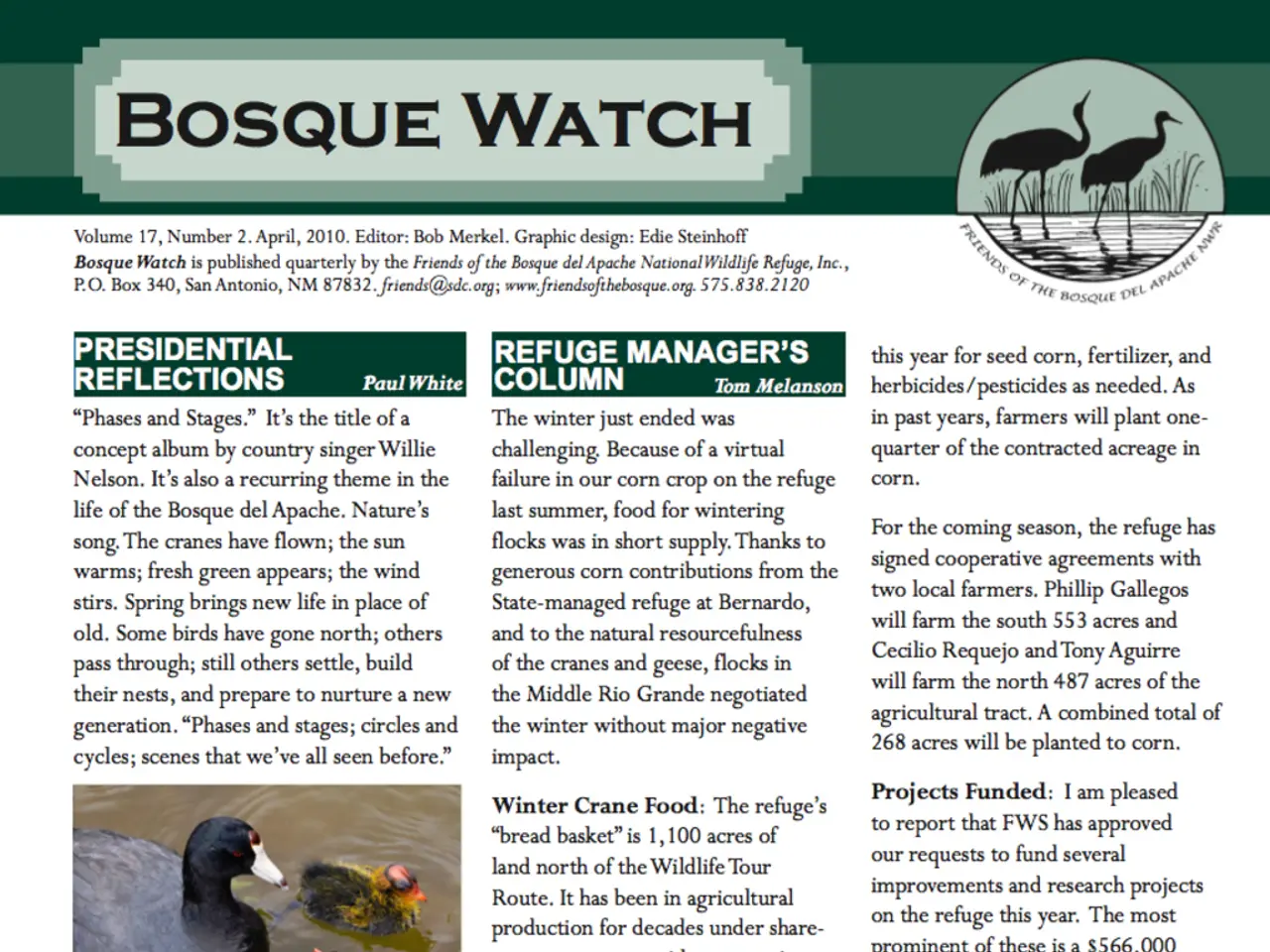In New Caledonia, FLNKS independents are opposing the agreement proposed for the archipelago's future, signifying a move away from the previously discussed path.
The Front de Libération Nationale Kanak et Socialiste (FLNKS), New Caledonia's main independence movement, has officially rejected a compromise signed a month ago with the state and non-independence supporters. The rejection was made at an extraordinary congress held on August 9, and the FLNKS has since refused to participate in ongoing constitutional reform talks related to this deal.
The Bougival agreement, brokered between the French government and the FLNKS, aimed to establish New Caledonia as a new state within the French Republic with dual French-New Caledonian citizenship and some powers transferred from France. However, the FLNKS has denounced the agreement, claiming it as incompatible with their core objectives and the foundation of their struggle for full sovereignty and independence.
FLNKS leaders argue that the agreement compromises their long-term goals by proposing a form of statehood that remains constitutionally tied to France, which they consider unacceptable. They have called for a "Kanaky Agreement" and a fully effective sovereignty process instead. The denouncement of the agreement was unanimously adopted by the Union Caledonienne, the main party of the FLNKS.
The denouncement was met with concern by Manuel Valls, the Minister of Overseas France. In a public statement, Valls expressed his worry over the rejection of the compromise and its potential impact on the future of New Caledonia. However, he did not suggest any alternative compromise or solution to the ongoing dispute.
The compromise was hailed as "historic" by French President Emmanuel Macron in early July. The Bougival parenthesis, as the negotiations were known, is currently closed. The denouncement by Valls did not indicate whether Macron would comment on the rejection of the compromise.
The decision to reject the compromise was not made lightly. Dominique Fochi, secretary-general of the Union Caledonienne, described the debates at the congress as "intense and rich". The denouncement by Valls did not mention any response from the state and non-independence supporters to the FLNKS's rejection of the compromise.
As the dispute continues, both sides remain committed to finding a resolution. The French government officials continue efforts to negotiate with the FLNKS but have so far failed to secure their participation. The FLNKS, on the other hand, demands a new "Kanaky Agreement" and complete sovereignty before September 2025.
The rejection of the Bougival agreement marks a significant development in the long-standing decolonization issue in New Caledonia. The issue remains a deeply contentious and unresolved matter, with the FLNKS opposing the agreement's failure to deliver full independence and the perception that it maintains colonial ties rather than resolving the decolonization issue.
[1] Le Monde (2025). "FLNKS rejette l'accord de Bougival". [online] Available at: https://www.lemonde.fr/afrique/article/2025/08/11/flnks-rejette-l-accord-de-bougival_6081948_3214.html
[2] RFI (2025). "FLNKS rejette l'accord de Bougival". [online] Available at: https://www.rfi.fr/fr/afrique/20250811-flnks-rejette-l-accord-de-bougival
[3] France 24 (2025). "FLNKS rejette l'accord de Bougival". [online] Available at: https://www.france24.com/fr/20250811-flnks-rejette-l-accord-de-bougival
[4] BBC News (2025). "FLNKS rejette l'accord de Bougival". [online] Available at: https://www.bbc.co.uk/news/world-africa-60818995
- The Front de Libération Nationale Kanak et Socialiste (FLNKS), New Caledonia's main independence movement, has denounced the Bougival agreement, a policy-and-legislation initiative aimed at resolving the war-and-conflicts surrounding the decolonization issue, deeming it incompatible with their core objectives and their vision of a fully sovereign New Caledonia.
- The rejection of the Bougival agreement by the FLNKS has sparked concern among politics and general-news circles, raising questions about the future policy-and-legislation and potential resolutions related to war-and-conflicts in New Caledonia.





